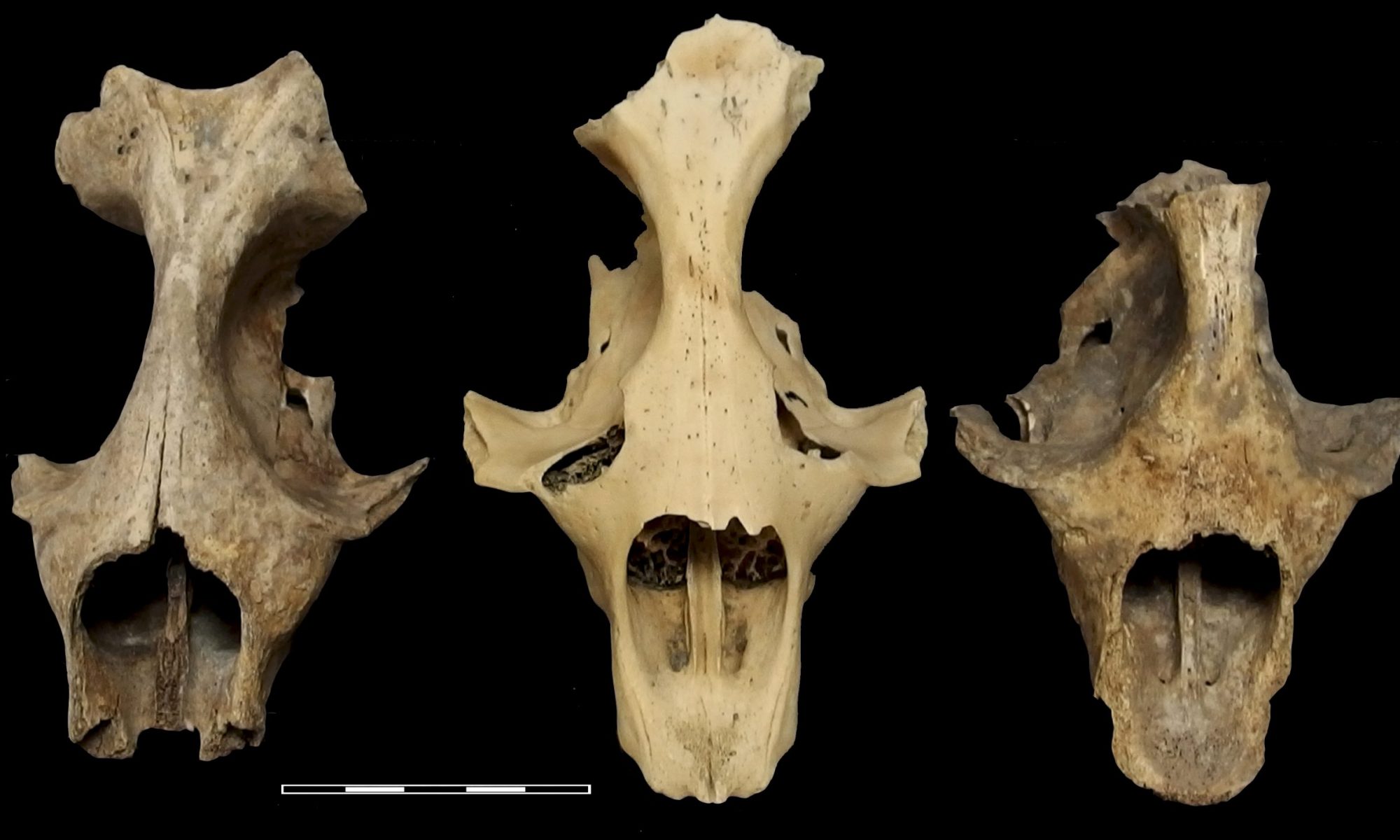RIMANTAS JANKAUSKAS
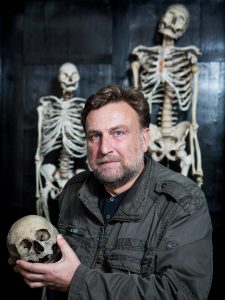
- Scientific degree, title: medical doctor (HP), professor.
- Higher education: 1982 Vilnius University, PhD.
- Dissertation: 1988 Moscow State P. Lumumba University (external), dissertation topic: Morphological features of the spine and factors of their diversity (according to Lithuanian paleoanthropological material).
- Habilitation: 2006 Vilnius University, habilitation topic: Development, results and optimization guidelines of paleoanthropological and osteological research in Lithuania.
- Work activity: since 2007 works at the Department of Anatomy, Histology and Anthropology, Faculty of Medicine, Vilnius University, professor. 2015-2020 – Vice-Rector for Science of Vilnius University.
- Subjects taught: human anatomy, human biology, physical anthropology, Baltic anthropology, CNS anatomy.
- Research interests: paleopathology, bioarchaeology, paleoecology, paleodemography, paleoanthropology, historical anthropology, forensic anthropology, paleoepidemiology, human anatomy and morphology, human development, teratology, ontogenesis, embryology.
- Scientific societies: since 1988 Member of the European Association of Anthropology, Vice-President 1993-1996, Deputy Secretary 1997-1998, and a member of the council since 1999; since 1992 Member of the Paleopathological Association; since 1988 Member of the Lithuanian Society of Morphologists, Chairman 2001-2006; since 1988 Member of the Lithuanian Archaeological Society.
- Significant research: since 1989 – surveys of post-war resistance graves; 1989-1990 – Identification of the remains of the President of the Republic of Estonia (1918-1940) Konstantin Päts; 1994-1998 – member of the working group for the exhumation, research and identification of the KGB victims in the Tuskulėnai mass grave in Vilnius; since 1998 – research on burials in Lithuanian church crypts (programs of the Department for the Protection of Cultural Heritage); 2002 – investigation of the mass grave of Napoleon’s soldiers (1812); 2004-2009 – identification of the remains of the Radvilas family found in Dubingiai castle site; 2017-2019 – identification of the January Uprising (1863-1864) participants remains.
ŽYDRŪNĖ MILIAUSKIENĖ
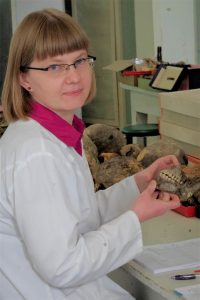
- Scientific degree, title: PhD, Associated Professor.
- Higher education: 1998 Vilnius University, Master of Biological Sciences.
- Dissertation: 2005 Vilnius University, topic: Biological status and health indicators of the old Lithuanian population.
- Work activity: since 1998 works at the Department of Anatomy, Histology and Anthropology, Faculty of Medicine, Vilnius University, Associated Professor.
- Subjects taught: human anatomy and histology, human biology, physical anthropology, bioarchaeology.
- Research interests: paleopathology, paleoecology, paleoanthropology, dental diseases, bioarchaeology, human anatomy and morphology.
- Scientific societies: since 2001 Member of the Lithuanian Society of Morphologists; since 2002 Member of the European Anthropological Association; since 2009 Member of the Lithuanian Archaeological Society; from 2010 Member of the Paleopathological Association.
- Significant research: 2002 – investigations into the mass grave of Napoleon’s soldiers (1812); 2004 – research of the Latvian Stone Age Zvejnieki Cemetery; 2005 – World War I German military hospital investigations; 2017-2019 – identification of the January Uprising (1863-1864) participants remains; from 2019 – research on post-war resistant remains; 2020 – investigations of World War II Soviet Army prisoners of war.
DARIO PIOMBINO-MASCALI
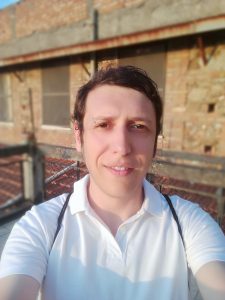
- Scientific degree, name: PhD, habilitated doctor.
- Higher education: 2002 University of Pisa (Italy), Biological Anthropology
- Dissertation: University of Pisa, 2007 PhD dissertation in paleoanthropology and pathocenosis: Pontecagnano: a biocultural study of stressors in an Etruscan population from Campania.
- Work activity: 2008 Senior researcher at the Mummy Research Institute of the European Academy in Bolzano. Since 2010 Scientific patron of the Capuchin catacombs of Palermo. From 2018 Chief Researcher of the Faculty of Medicine.
- Subjects taught: mummy research, cultural anthropology, human osteology, paleopathology, bioarchaeology.
- Research interests: research of mummified remains, research and conservation of Catholic relics, bioarchaeology.
- Scientific societies: Paleopathology Association, British Association for Biological Anthropology and Osteoarchaeology
- Significant research: 2019 – Ukrainian Mummy Project; 2018 – Health and Disease in Sicily; 2013 – Ferentillo Mummy Project; 2012 – Kabayan Mummy Expedition; 2011 – Lithuanian Mummy Project; 2009 – Vatican Mummy Project; 2007 – Sicily Mummy Project.
JUSTINA KOZAKAITĖ
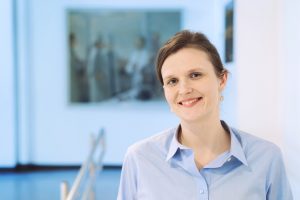
- Scientific degree, name: PhD.
- Higher education: 2010-2011 Durham University (UK), MSc in Paleopathology.
- Dissertation: 2018 Vilnius University, Faculty of History: Traumas in the 13th-18th centuries Lithuania based on bioarchaeological data.
- Work activity: since 2019 – assistant at the Faculty of History; 2013-2018 Senior Specialist, Department of Anatomy, Histology and Anthropology, Faculty of Medicine; since 2019 – researcher at the Department of Anatomy, Histology and Anthropology, Faculty of Medicine.
- Subjects taught: human osteology, paleopathology, bioarchaeology.
- Research interests: bioarchaeology, paleopathology, trauma, forensic anthropology, human biology.
- Significant research: 2015 Anthropological fixation of the remains of the Pročiūnai mass grave (Šiauliai district) in situ. The remains are associated with the mass shootings of detainees in 1941-1944; 2015-2016 Vilnius St. Analysis of the remains of monks of the Trinity Greek Catholic Church; 2016-2017 Investigations of Nesvizh Radvila Mausoleum Burials Related to Mikalojus Kristupas Radvila-Našlaitėlis, Elžbieta Eufemija Višnioviecka Radviliene, Kristupas Mikalojumi Radvila, Albertas Vladislovs Radvila, Mykolas Kazimieru Radvila-Žuvele, Mikalojus Kristupas ; 2017 Research on the remains of Blessed Theophilus Matulionis; 2017-2019 – Buried on Gediminas Hill in 1863-1864. identification of rebel remains. From 2017. research and identification of the remains of post-war resistance; 2018 Anthropological research of the remains of Brigadier General Adolfas Ramanauskas-Vanagas, Commander of the Defense Forces of the Lithuanian Freedom Fighting Movement (LLKS); 2019 anthropological research of the remains of partisan Antanas Kraujelis-Siaubūnas. 2019-2020 Anthropological research of those buried in the crypts of the Kėdainiai Evangelical Reformed Church.
RŪTA BRINDZAITĖ
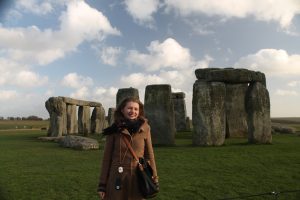
- Scientific degree, name: master.
- Higher education: 2017-2018 Durham University (UK), MSc in Paleopathology.
- Work activity: from 2019 works as a specialist at the Faculty of Medicine, Department of Anatomy, Histology and Anthropology.
- Research interests: paleopathology, bioarchaeology, height reconstruction, children bioarchaeology, metabolic bone diseases.
- Scientific societies: from 2019 Member of the Lithuanian Archaeological Society. from 2019 Member of the European Association of Archaeologists.
- Significant research: 2015-2016 Vilnius St. Analysis of the remains of monks of the Trinity Greek Catholic Church; 2016-2017 Investigations of Nesvizh Radvila Mausoleum Burials Related to Mikalojus Kristupas Radvila-Našlaitėlis, Elžbieta Eufemija Višnioviecka Radviliene, Kristupas Mikalojumi Radvila, Albertas Vladislovs Radvila, Mykolas Kazimieru Radvila-Žuvele, Mikalojus Kristupas ; 2019-2020 Anthropological research of those buried in the crypts of the Kėdainiai Evangelical Reformed Church; 2020 Anthropological research of Zokniai and Armalėnai prisoners of war.
